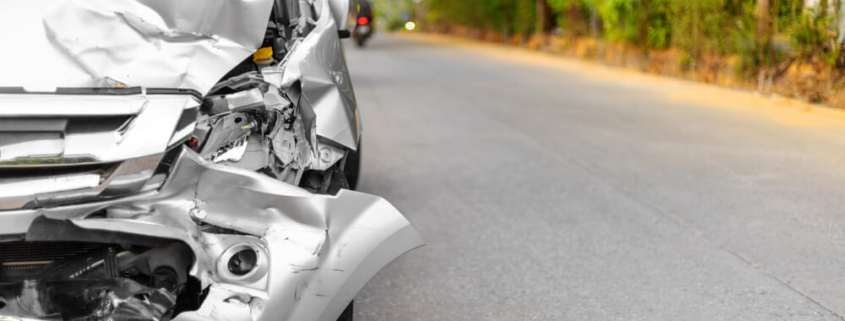Why Virginia drivers may not stop as they should after crashes
Both the law and common sense generally tell someone that they should stop after a major motor vehicle collision. Despite both the legal and ethical requirements to communicate with others involved in a collision and notify the authorities, plenty of people still drive off from crash scenes.
The hit-and-run collisions that they cause can leave others with severe injuries and/or worried about how they will cover property damage expenses. Why do people drive off from the scene of a crash?
They may need emergency medical care
Perhaps there are multiple people in the vehicle, and one of them struck their head on the window and has not yet regained consciousness after the crash. The driver might speed off from the scene hoping to get their passenger to a medical facility as quickly as possible. Situations involving a need for emergency medical care are effectively the only scenario in which it is arguably legal to leave the scene of a crash that otherwise requires reporting.
They know they broke the law
Motorists who don’t have insurance, who have a lapsed driver’s license or who are under the influence at the wheel are much more likely to leave the scene of a crash in the hopes of avoiding responsibility for it. If someone believes that they will face a significant financial burden or possibly end up arrested, they may drive off after causing a collision without stopping to verify that everyone else is still okay.
They didn’t notice the collision
In some cases, such as a sideswipe or an incident where a driver strikes a small domestic animal, they might fail to notice the collision as it occurs. Those distracted at the wheel or chemically impaired are more likely to fail to notice the momentary disruption of a crash that does not immobilize their vehicle. Of course, failing to observe one’s surroundings properly is not an excuse for causing a car crash. Anyone who flees the scene of a wreck without communicating with the other driver could face criminal charges in addition to civil liability for any damages or injuries that they cause.
Unfortunately for the people who didn’t cause a hit-and-run crash, it is typically necessary to identify an at-fault motorist to pursue a standard insurance claim. Otherwise, drivers depend on their uninsured motorist protection, which not everyone carries. After a hit-and-run crash, anyone who does not leave the scene will likely need to wait for the police to arrive to file a report about the collision.
Providing enough details to the officer about the incident and following up afterward could help someone demand justice after getting hurt or suffering major property damage due to a Virginia hit-and-run collision. Seeking legal guidance may be necessary to push the investigation forward or file a lawsuit against a motorist who caused a crash and then fled the scene.




 Important Tips for Avoiding a School Bus Accident
Important Tips for Avoiding a School Bus Accident